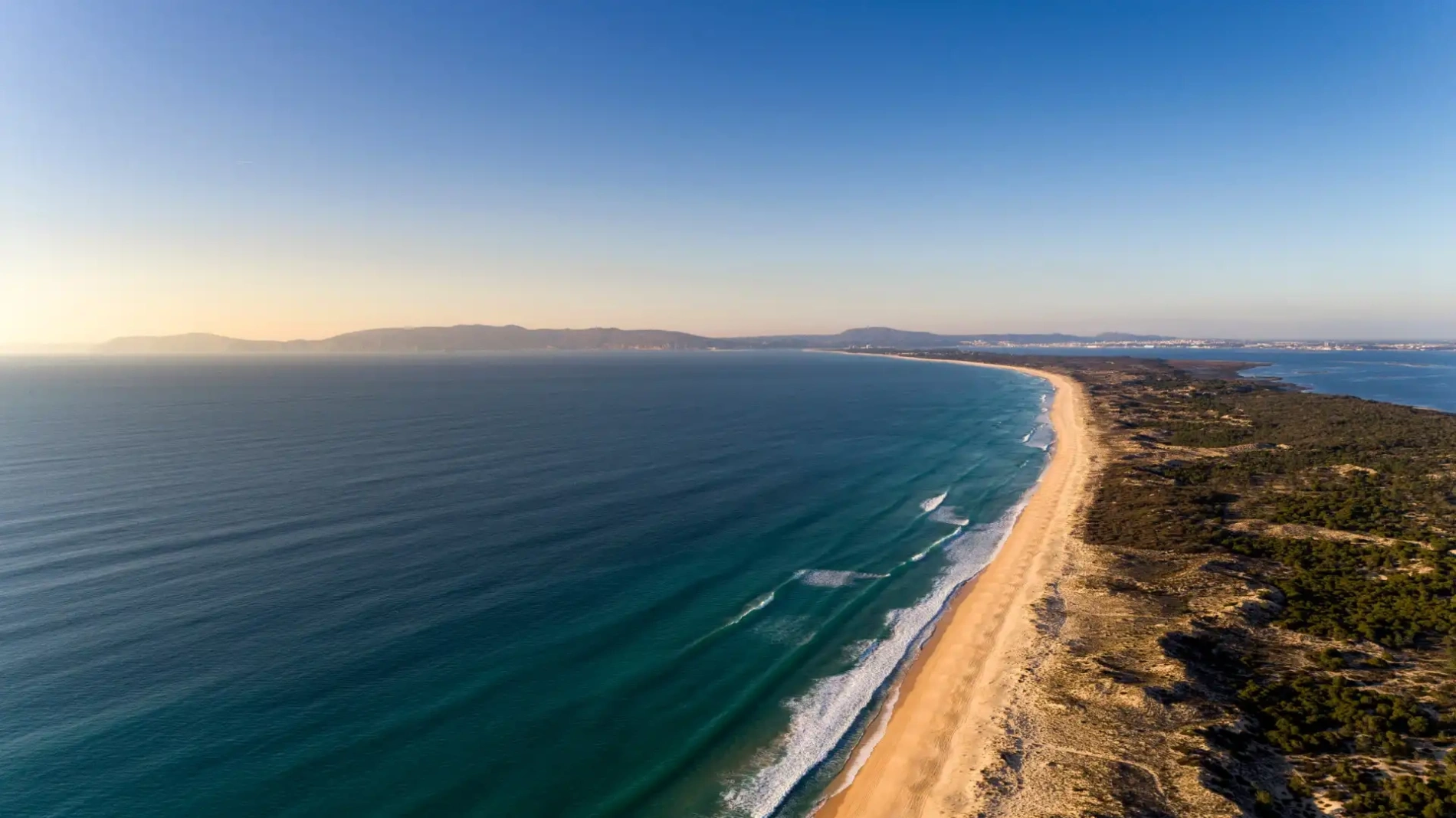‘The Portugal brand can't be a collection of virtues‘, warns Duarte Vilaça
Born's founder also emphasises that ‘without a strategic vision, there will be no possible brand.All that's left is the sun, "fado" and Cristiano Ronaldo'.
“It’s a recurring theme in our governance and our market. Naturally, I continue to applaud it, but I have all the reservations that we’re moving beyond good intentions.” Duarte Vilaça’s scepticism centres on the Government’s announced goal to “establish the Portugal brand in the global context,” one of the 60 measures introduced in July to stimulate the economy.
The reservations of Born’s founder and partner stem from his belief that the Government’s goal “requires a combination of vision, courage, and consistency.”
Let’s break it down. He explains that a brand’s “vision” translates into a strategy and positioning. Yet, “the program presented by the Government talks about tourism, sustainability, technology, and knowledge. There is much to be done in these areas, but I’d say 70% of countries could say the same. Without a strategic vision, there won’t be any brand at all.”
Where does courage come in? “Take tourism, for example. The focus on surfing and golf about 10 years ago, at the expense of many other clusters, was successful,” he notes. But “the Portugal brand can’t be a collection of virtues. It needs to be based on a set of values relevant to the territories where we want to position ourselves, leaving others aside.” For the branding expert, tourism is already well-established, and investing in talent should be core, he adds.
The final point is “consistency.” According to the Born co-founder, “the scorched-earth policy often prevails. New Government, new strategy. As long as this persists, we can talk about the brand as something organic, shaped by what people say about us around the world, not as a brand strategy.”
The government's concept introduced at the beginning of last summer was based on “creating an action plan to develop the ‘Marca Portugal’ concept across all economic sectors of the country to promote its products and services with greater added value in global chains.” The Executive explains that the plan “will be grounded in dimensions such as knowledge, innovation, security, creativity, quality, and sustainability.”
About two and a half months after the announcement—made right at the start of summer, admittedly—the roadmap has yet to be released, but the topic remains stated as a priority.
"The Ministry of Economy is committed to developing a robust value proposition to strengthen the Portugal brand on a global stage," the ministry led by Pedro Reis told +M when asked about the progress of the measure.
“We are working internally, based on best practices implemented in various exporting sectors, and side by side with some of our entities, particularly AICEP, in addressing this issue,” concludes the ministry.
Without further details, Duarte Vilaça warns of possible mistakes to avoid. “The two worst mistakes are believing that the brand is the start of a strategy, when at most it’s an end, and thinking the brand should encompass everything, an infinite list of virtues,” he believes.
In summary, he explains, the brand needs to be an outline oriented toward leveraging a previously defined strategy. “Imagine the aim is to attract foreign companies: what is the tax policy for them and their employees? What level of bureaucracy are we willing to forgo?” he gives as an example.
“It seems to me that none of this is seen as a whole. So, we’re left with the sun, fado, and Cristiano Ronaldo…,” the branding agency head criticises.
As for what “Marca Portugal” is today, in Duarte Vilaça’s view, it indirectly benefits from the emergence of the Lisbon, Porto, and Algarve brands and from “the good promotional work and incentive environment created in the past for investment in the real estate sector.”
It benefits, in sum, from “extraordinary assets to which none of us contributed, like our geography, climate, and historical hospitality.” “How much of our good reputation derives from our strategy? I’d say very little. How much could we capitalize on? A lot.”
